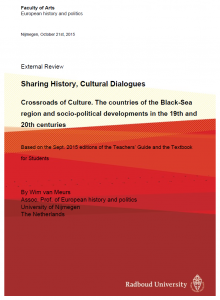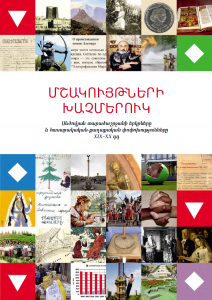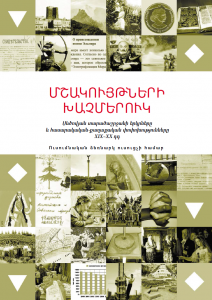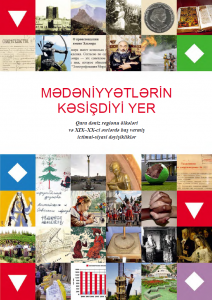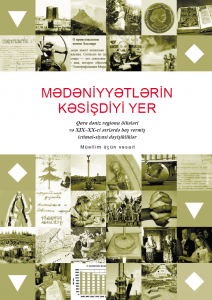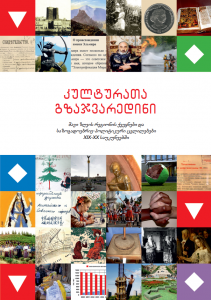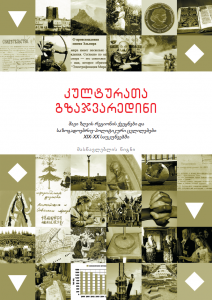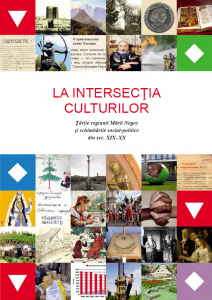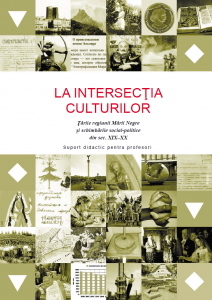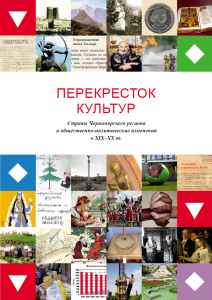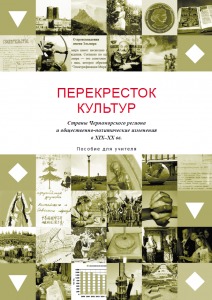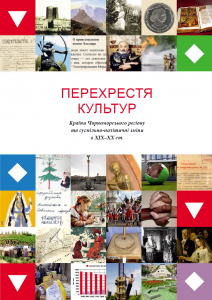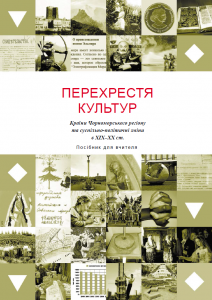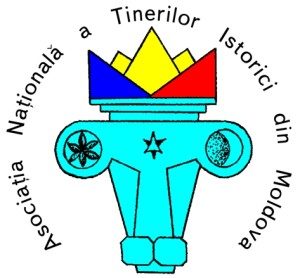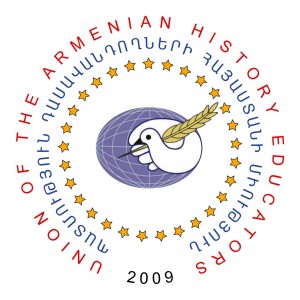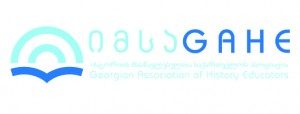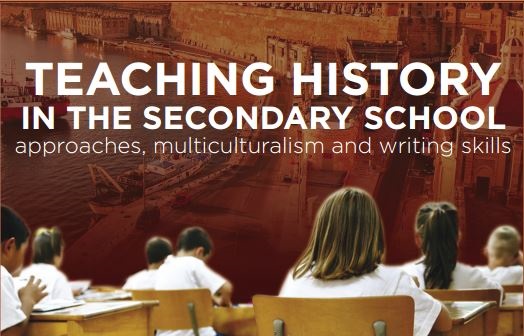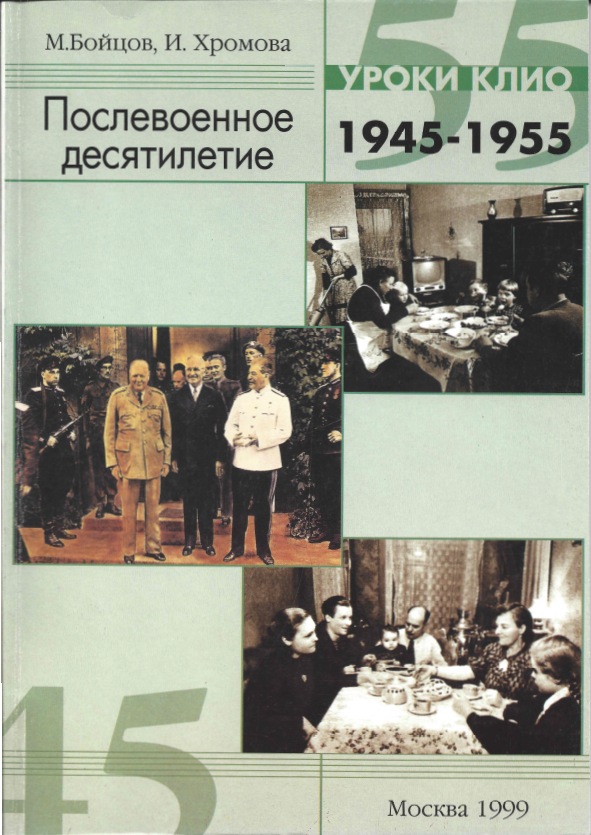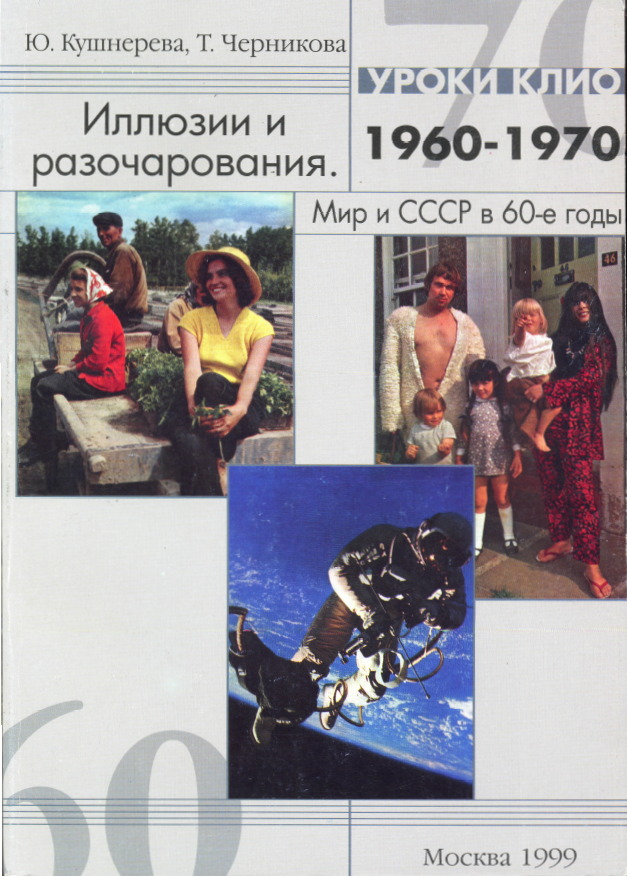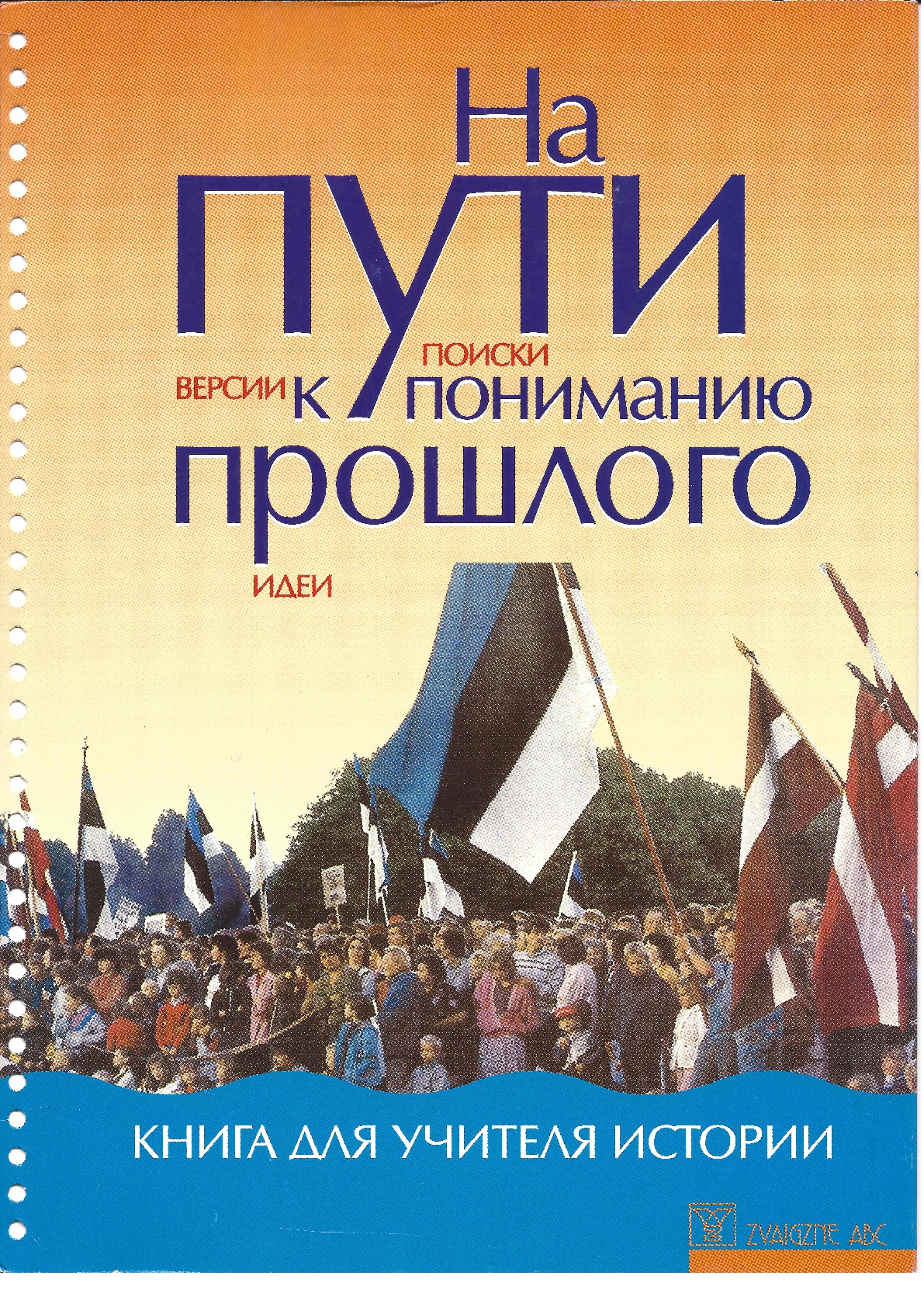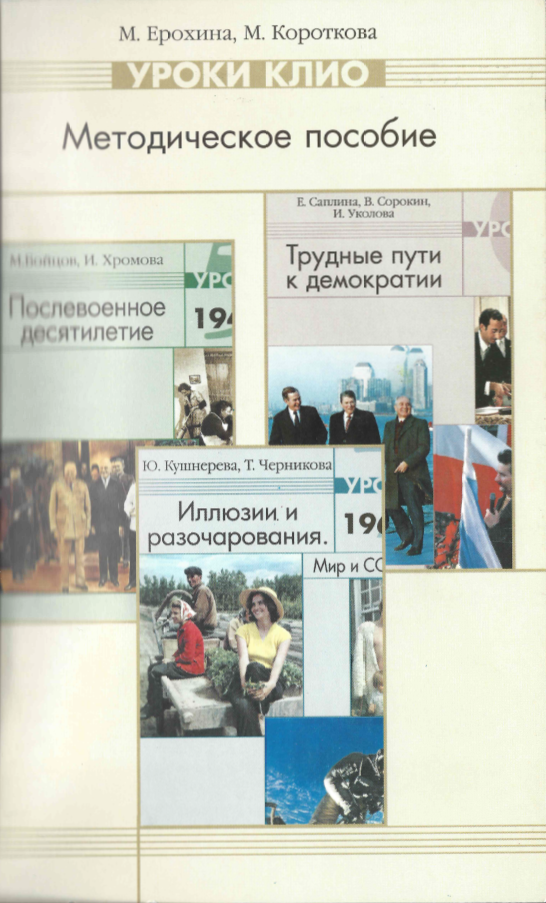This publication is made collaboratively by educators from Armenia, Azerbaijan, Georgia, Moldova and Ukraine with the support of EuroClio and its project partners. It is a demonstration that people with different backgrounds can work together on the use of innovative approaches to the teaching and learning of cultures beyond borders.
The road that took us here was not easy, and the publication would not be here without the commitment of the editing team, the authors and the coordinators, or the financial support of the European Union. More than a hundred people from over twenty countries contributed to the development of this publication, to which we are very grateful.
The development process included peer-review, piloting, training and final editing. The learning activities are all made by educators from the project countries themselves. These educators have been supported by mentors and trainers from abroad who shared their experiences and ideas. Because of this, authors were confronted with different ideas about quality education that they could use for the development of their own material.
The variety of languages used in the project posed challenges for authors, coordinators, editors and the designer alike. The most workable solution was to use Russian as a working language. Members of the country teams who could master both Russian and the project languages, helped to ensure the accuracy of the translation by proofreading and checking whether the design of the publication has been applied correctly.
The publication does not provide an analysis or covers all aspects of the cultures and histories of the project countries, let alone the wider Black Sea Region. The topics have been chosen by the authors who also selected the source materials and methodology. The authors have been responsible for the content of the module and the accuracy of the information. The editors have further developed and enriched the modules in order to make a common publication and adapt further to the needs of both educators and students.
The choice to make a resource that can be used in all project countries, led to heated debate, especially on the use of terminology. In case of controversies, we consulted with specialists and the authors and editors involved, in order to reach an agreement on these issues.
The learning activities are designed to make students think critically for themselves and make their own interpretations based on (source) evidence. They provide opportunities for students to learn in ways that are different then the traditional textbooks. In order to engage students in the learning, active methods are used in the different chapters and more methods are included in the teachers’ part.
Downloads
Contributors
Editor-in-Chief: Julia Kushnereva.
Technical Editor: Iryna Kostyuk.
Designer: Olga Borysenko.
International Editors: Iryna Kostyuk, Dzintra Liepina and Elene Medzmariashvili.
National Editors: Fuad Agayev, Besik Lordkipanidze, Aleksandra Kozoroh, Nikol Margaryan and Pavel Cerbusca
National Coordinators: Kerim Abidi, Mkhitar Gabrielyan, Haykaz Hovhanisyan, Amiran Jamagidze, Sergiu Musteata, Timur Luchin, Rauf Rajabov, Olha Pedan Slyepukhina, Nana Tsikhistavi and Polina Verbytska.
Authors: Vagif Abbasov, Fuad Agayev, Gulnare Abidi, Aydin Aslanov, Vera Balan, Karen Bayramyan, Elisabed Busxrikidze, Pavel Cerbusca, Varvara Chiperi, Otar Dzhanelidze, Mkhitar Gabrielyan, Ludmila Gurschaia, Haykaz Hovhanisyan, Lilya Hovhannisyan, Samira Iskandarova, Nazmin Jafarova, Amiran Jamagidze, Lela Kakashvili, Artak Khachatryan, Olga Kovalevska, Aleksandra Kozoroh, Besik Lordkipanidze, Lyudmila Males, Mikhael Malkhasyan, Nikol Margaryan, Natalia Markus, Liuba Melnic, Madona Mikeladze, Oksana Mikhejeva, Nugzar Molashvili, Angela Musenko, Ekaterina Odagiu, Hrant Ohanyan, Olha Pedan Slyepukhina, Narmin Rajabova, Nastas Rodica, Vera Sahakyan, Lucia Sava, Manana Shekiladze, Nodar (Nukri) Shoshiashvili, Tatiana Tiganu, Ruzanna Tsaturyan, Polina Verbytska, Vera Vrabie and Angela Zeama.
Co-Authors: Olha Pedan-Slyepukhina, Fuad Agayev and Aleksandra Kozoroh.
Contributors: Arzu Abbasova and Lali Pirtskhalava.
Mentors: Tsira Chikvaidze, Tamara Eidelman, Dean Smart, Julia Kushnereva, Iryna Kostyuk, Mare Oja and Olha Pedan-Slyepukhina.
Trainers: Semih Aktekin, Carol Căpiță, Tsira Chikvaidze, Benny Christensen, Bojana Dujkovic-Blagojevic, Irina Gogonai, Amiran Jamagidze, Igor Jovanović, Huseyin Koksal, Iryna Kostyuk, Olga Kovalevska, Oleksandra Kozorog, Julia Kushnereva, Richard McFahn, Seda Melkumyan, Madona Mikeladze, Oksana Mikheieva, Claudia Lenz, Mare Oja, Olha Pedan-Slyepukhina, Dean Smart, Nana Tsikhistavi, Gulsen Tural, Ineke Veldhuis-Meester and Polina Verbytska .
Reporters: Patrick Barker and Blandine Smilansky.
External Reviewer: Wim van Meurs.
Steering Committee Members: Aleksandra Hnatiuk, Stefan Ihrig, Kate Lapham, Nino Kighuradze, Matthias Klingenberg, Joke van der Leeuw-Roord and Octavian Ţîcu.
Trainees: Pieter Baeten, Guy Counet, Iris Dijksterhuis, Ivan Marković, Sven Mörsdorf, Cristina Popescu and Francesco Scatigna.

Teaching History in the Secondary School
[siteorigin_widget class=”SiteOrigin_Widget_Image_Widget”][/siteorigin_widget] This book focuses on three basic notions which [...]

Illusions and Disappointments, 1960-1970
In the context of the “Uroki Klio” project, three textbooks [...]

Methodical Guide to History Education in Russia
In the context of the “Uroki Klio” project, three textbooks [...]


 The European Union’s programme Investing in People (Development Cooperation Instrument) and Eastern Partnership Culture programme (European Neighbourhood Partnership Instrument).
The European Union’s programme Investing in People (Development Cooperation Instrument) and Eastern Partnership Culture programme (European Neighbourhood Partnership Instrument).